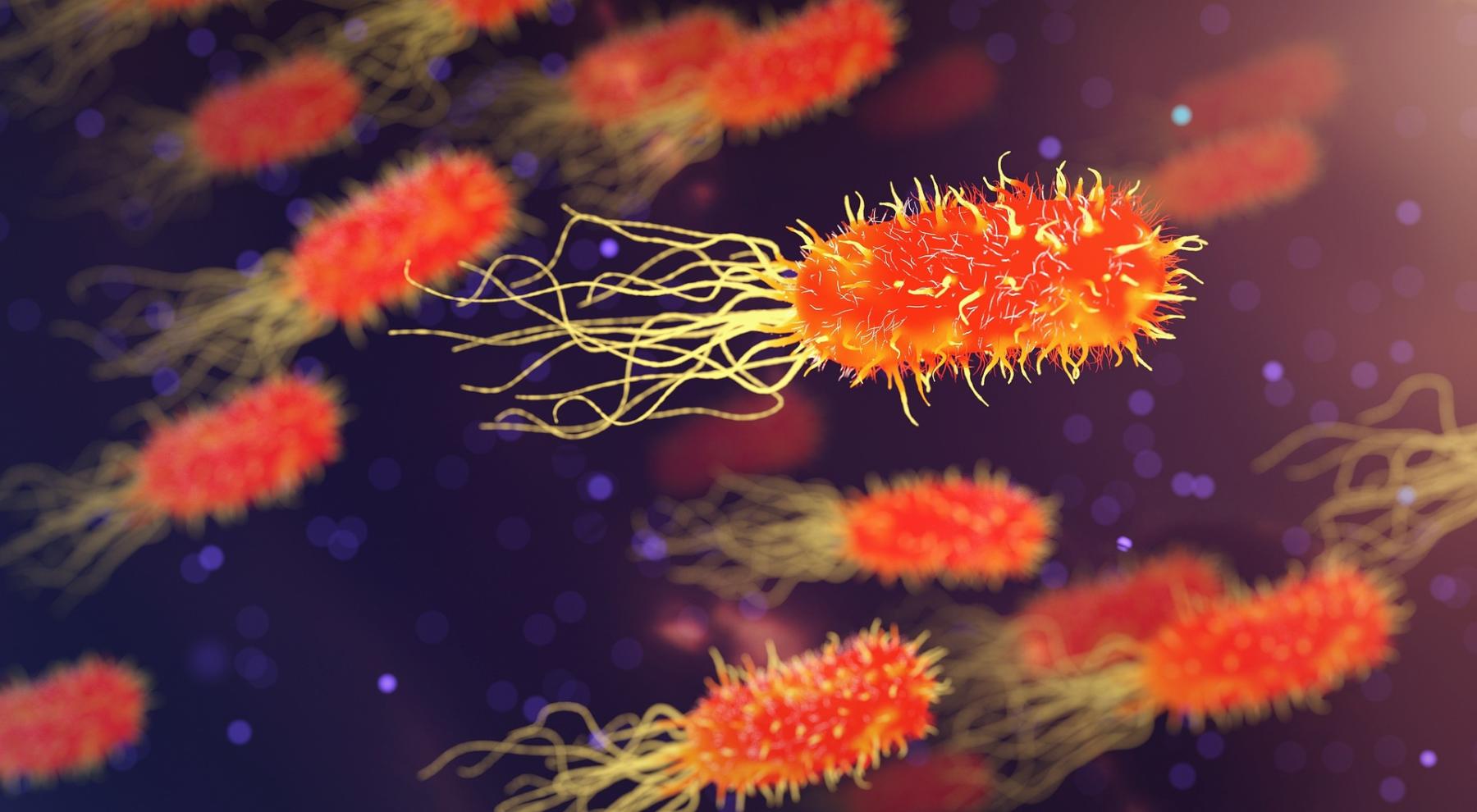
Planarian Regeneration
by Tonya Page
In this engaging lesson, students will explore human regenerative medicines through the planarian's ability to regenerate. Planarians have specials cells that allow themselves to modify and regrow into any kind of cell necessary technically classifying them as immortal if they are continuously dissected and regenerated. Students will learn and explore other animals, including humans, that also have regenerative superpowers. This lesson comes to life when you integrate the novel, "How to Eat Fried Worms" and add hands-on worm dissection and observation.
Lesson Grade Level
3rd GradeLesson Plan Link/URL
https://docs.google.com/presentation/d/1va64p8rtwtXW4s7rv3EHt4uT-tT6Xexd/edit?u…Subject Area
Science Life Science L1: Cells L2: Organisms & Energy Engineering S4: Apply Science to Engineering Mathematics Measurement and Data (MD) The Number System (NS) English Language Arts (ELA) Reading (Literature) Reading (Informational Text) Writing
Featured
On
Related Content

Grades:
2nd Grade
Students will learn about the adaptation of camouflage through picture books and research. They will then learn about animals specific to the area. (In this lesson, we are using the Bill Williams

Grades:
6th Grade
Students will research and use math calculations to set up a classroom worm compost bin to compare to a classroom non-worm compost bin to be utilized for observation throughout the school year for

Grades:
Kindergarten, 1st Grade, 2nd Grade, 3rd Grade, 4th Grade, 5th Grade
This hands-on lesson introduces students to gardening and the sustainability of food. Students will grow small gardens and manage them.